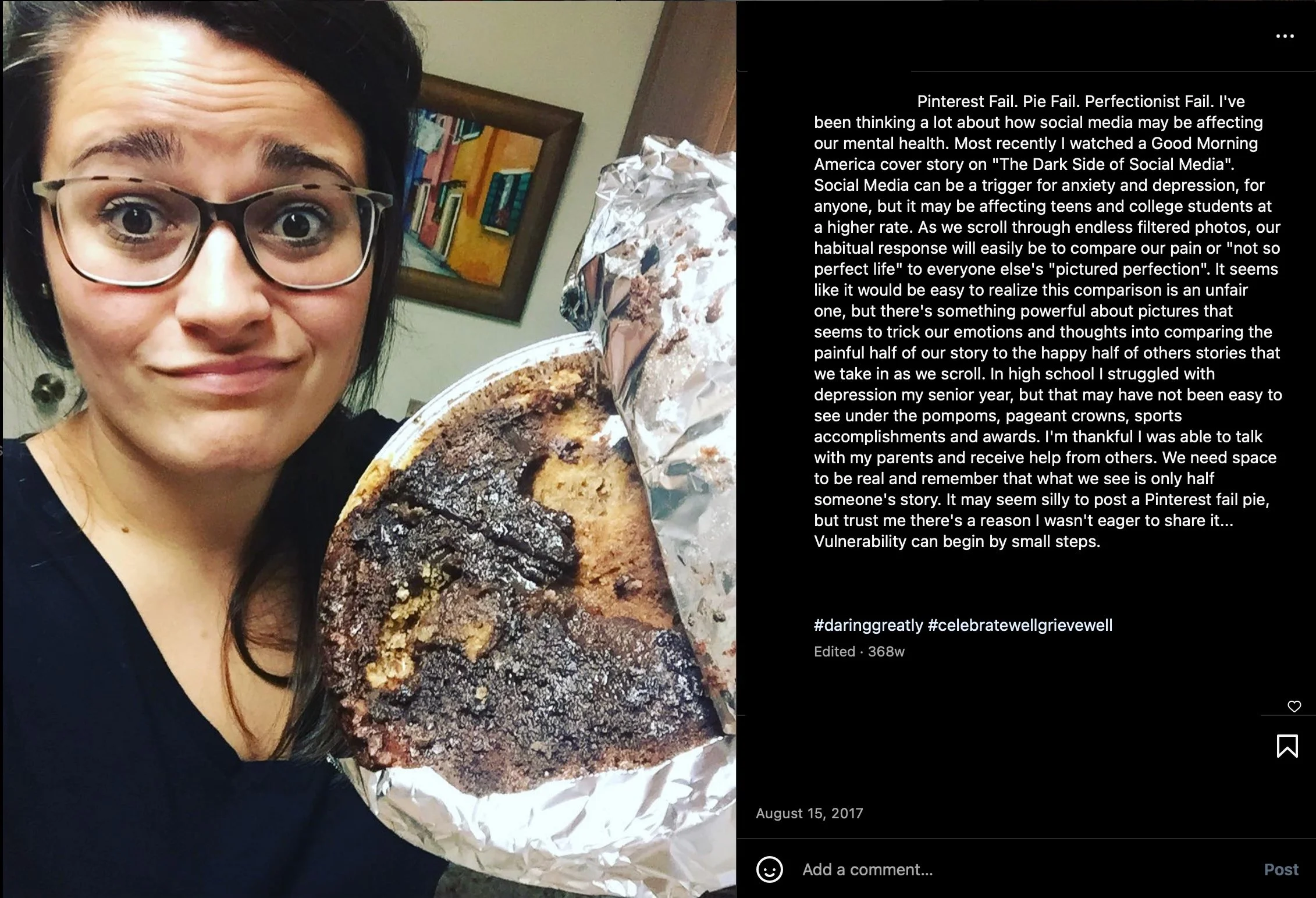Seen. Known. Enjoyed.
“The greatest gift my mom ever gave me when I was struggling with my own anxiety as a senior in high school, was to find someone who did understand.” — Rebecca
They want to be...
Parent Coaching
“Our stories of worthiness—of being enough—begin in our first families.” “When it comes to our sense of love, belonging, and worthiness, we are most radically shaped by our families of origin—what we hear, what we are told, and perhaps most importantly, how we observe our parents engaging with the world.”
- Brene’ Brown, Daring Greatly
We are ALL imperfect; there is no such thing as a perfect parent. (And also, if you’re here looking to get your teen help… you are already seeking to be a good parent.) The questions are, are we engaged? Are we learning and staying curious to how our own lives, words, ways of handling our emotions and our teen’s emotions are affecting our kids? Your child coming to therapy could create change for them, but what if you participating helped create lasting change for them? Joining in the process can help increase your connection with your teenager. Part of being a good parent isn’t just imparting all the wisdom so that they turn out to be a successful adult — it’s creating the connection, so that when they face hardship they have a safe relationship to fall back into to be reminded of their worth.
-
Middle Schoolers: If you are a parent of a middle schooler, you'll likely drive your child to therapy. Make the time to have the parent check-in at the end. At this age they need some coaching at home, and you can learn the coping skills with them. Then commit when you can to help them practice what they are learning.
High Schoolers: As a parent of a high school student it's important that they feel therapy is their space. Check-ins are always done for safety concerns. Outside of this, you can create the invitation for them to share. This may sound like, "Hey if you are ever needing to process what your learning in therapy, I'm here."
We are all products of our nature and nurture. It's just natural that our family dynamics influence who we are. It would be an absolute gift to your child if you can humbly be willing to learn how you affect them. That may sound like, "Are there any things I can do differently to help you?" "Is there anything you need from us as a family right now?"
Lastly encouragement is always a win for any student. "I'm really proud of you for doing therapy. It's brave, and I love that you are courageous enough to learn about yourself." There's an old saying that for everyone one correction we need ten positive statements. Change is hard, so as they are working hard, the more encouragement you can give the better.
How can you join in?
Keeping it real….
Teenagers are smart. They know when people are bluffing and they know when someone isn’t authentic. When it’s done appropriately, they need to know that we burn pies, learn to control our emotions and fail too. In my office I will have a focus on helping your teen by helping them to develop positive ways of coping, but I also want to help them tell their whole story. I want them to know that to struggle is to be human and that neither their accomplishments nor their struggles have to define all of who they are.









